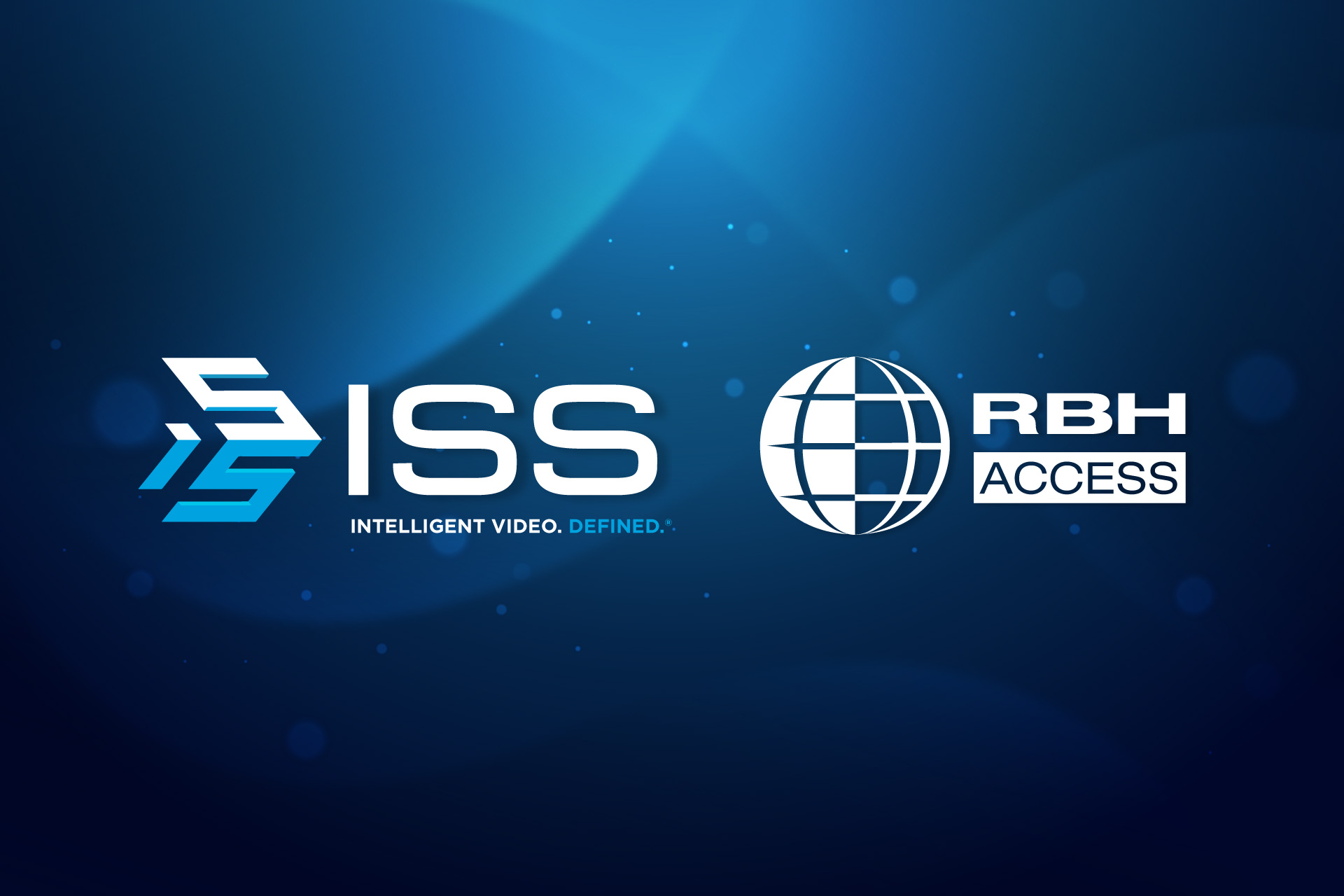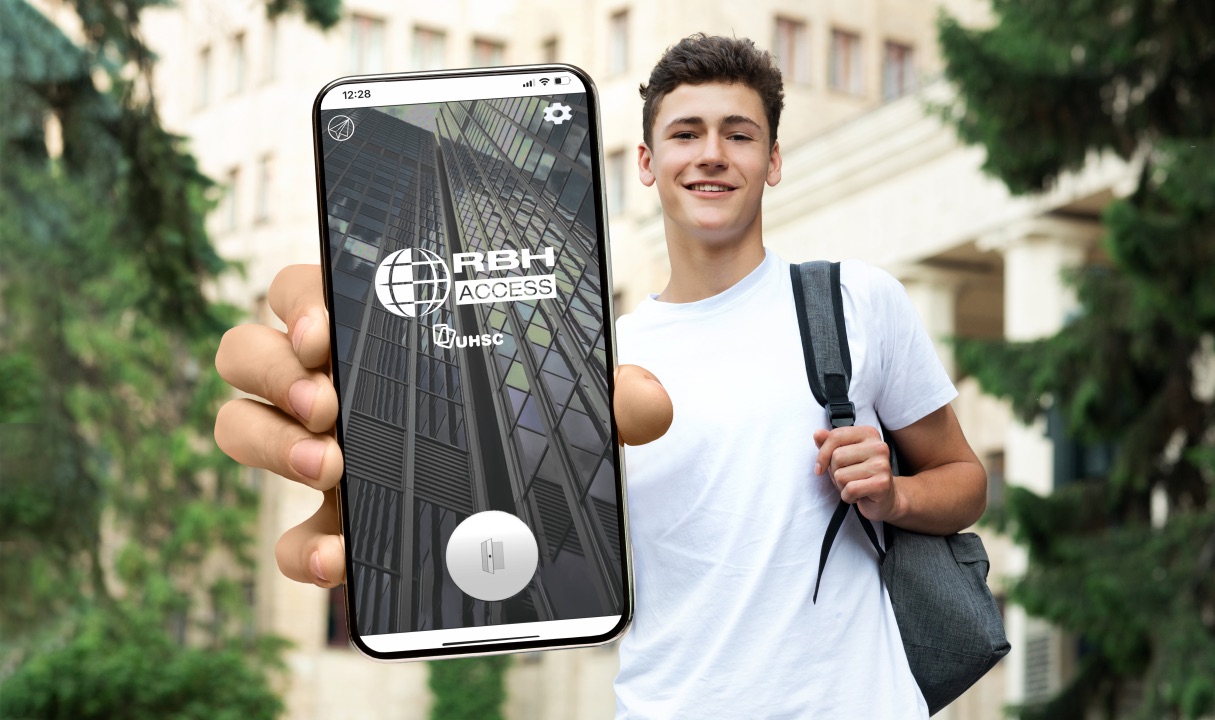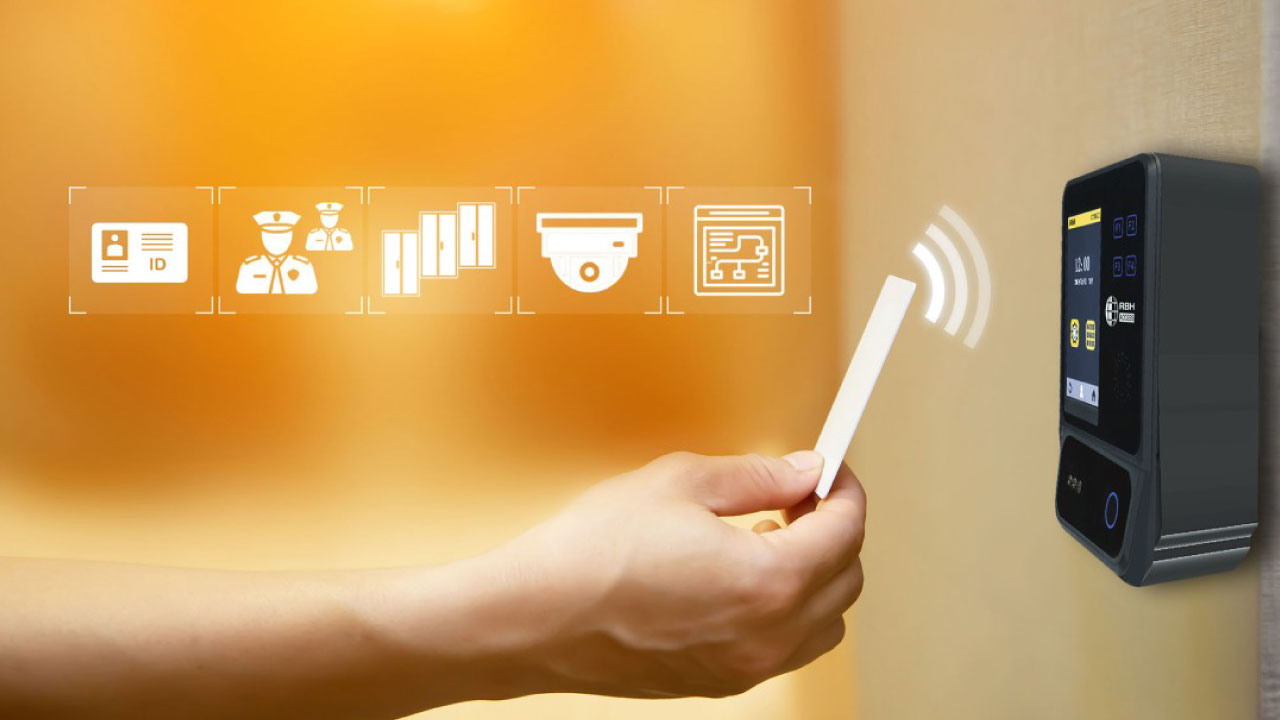
Revolutionizing Campus Security: The Power of Mobile Access Control
Mobile access control technology presents numerous advantages for Educational Institutions, making it an increasingly popular choice for modern campus management. Here are the key reasons why using mobile access control is advantageous for educational centers:
Convenience and Adaptability:
Mobile access control empowers educational administrators to remotely manage access to different areas of the campus using a mobile application. They can grant or revoke access for students, faculty, staff, or visitors promptly and from anywhere, providing high convenience and adaptability in access management.
Real-Time Access Management:
Educational administrators can promptly update access permissions in real-time through the mobile app. This means that if a student graduates or a new student enrolls, access rights can be adjusted instantly, bolstering security and operational efficiency.
Reduced Administrative Load:
Traditional key-based systems or access cards can often necessitate a significant administrative effort for issuance, tracking, and management. Mobile access control streamlines these tasks, reducing paperwork and administrative overhead associated with physical keys or cards.
Enhanced Security Measures:
Mobile access control typically employs robust encryption and authentication methods, making it more secure than traditional key or card-based systems. Lost keys or stolen access cards are a common problem that presents security risks, but mobile access control offers superior management and security against unauthorized access.
Cost-Effectiveness:
Over time, mobile access control can prove more cost-effective compared to traditional physical keys and cards. No expenses are tied to producing and distributing mobile credentials, and centralized digital management can lead to significant cost savings. In the case of RBH Access Technologies Inc., #blueLINE mobile credentials are totally free and without any limit of use or licenses.

Data Analytics and Insights:
Mobile access control systems often provide invaluable data and analytics on access patterns, usage, and traffic. Educational administrators can leverage this information to optimize campus operations, strengthen security measures, and refine overall management strategies.
Elevated User Experience:
Students and staff value the convenience of using their smartphones for access. It's a familiar and user-friendly interface that enriches their overall experience, potentially leading to higher satisfaction and retention rates.
Integration with Other Systems:
Mobile access control can without major inconveniences integrate with other educational management systems, such as attendance tracking, security cameras, and visitor management. This integration enhances overall campus management efficiency and coordination.
Remote Monitoring and Control:
Educational administrators can monitor access activity remotely, receive real-time notifications of access events, and even grant access remotely in emergency situations. This remote control capability adds an additional layer of security and management control.
Sustainability Initiatives:
Embracing mobile access control aligns with sustainability and eco-friendly initiatives by reducing the need for physical materials like keys and cards, contributing to a more environmentally conscious approach.
In summary, mobile access control offers educational institutions enhanced convenience, real-time management, improved security, cost-efficiency, and an enriched user experience, giving a strong position as a preferred choice in modern campus management.
If you want to learn more about RBH solutions tailored to educational centers, we invite you to check out this article about our blueLINE mobile credentials and our demo.








